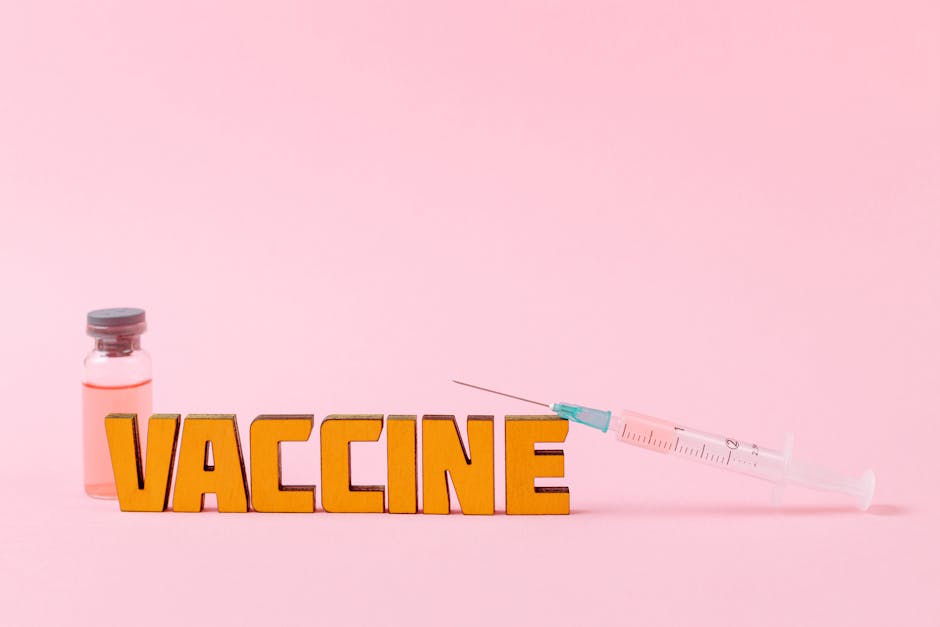COVID-19 Vaccines: A Comprehensive Guide to Safety, Efficacy, and Your Health
The COVID-19 pandemic dramatically altered the world, and the development and deployment of COVID-19 vaccines represent a monumental scientific achievement. Understanding these vaccines – how they work, their safety profiles, and their impact on public health – is crucial for informed decision-making. This comprehensive guide aims to provide you with the necessary information to navigate this complex topic.
Understanding COVID-19 Vaccine Technology
Several types of COVID-19 vaccines have been developed and authorized for use, each employing different technologies to trigger an immune response. These include:
- mRNA Vaccines (e.g., Pfizer-BioNTech, Moderna): These vaccines deliver messenger RNA (mRNA) instructions to our cells to produce a harmless piece of the virus’s spike protein. Our bodies then recognize this protein as foreign and build an immune response.
- Viral Vector Vaccines (e.g., Johnson & Johnson/Janssen, AstraZeneca): These vaccines use a harmless modified virus (the vector) to deliver genetic material that instructs our cells to produce the spike protein, eliciting an immune response.
- Inactivated Vaccines (e.g., Sinovac, Sinopharm): These vaccines use inactivated (killed) versions of the SARS-CoV-2 virus to trigger an immune response. They are similar to traditional flu vaccines.
- Protein Subunit Vaccines (e.g., Novavax): These vaccines use only the spike protein of the virus, without any viral genetic material, to stimulate an immune response.
Each vaccine type has its own advantages and disadvantages in terms of production, stability, and efficacy. The underlying principle, however, remains consistent: to train the body’s immune system to recognize and fight off the virus.

COVID-19 Vaccine Efficacy and Safety
Extensive clinical trials have demonstrated the high efficacy of COVID-19 vaccines in preventing severe illness, hospitalization, and death from COVID-19. While no vaccine is 100% effective, they significantly reduce the risk of contracting the virus and developing serious complications. The efficacy can vary slightly depending on the vaccine type and the prevailing variant of the virus.
Safety Monitoring and Adverse Events
The safety of COVID-19 vaccines is continuously monitored through rigorous surveillance systems. While most side effects are mild and temporary (such as pain at the injection site, fatigue, headache, muscle aches), more serious adverse events are rare. These are carefully investigated, and data is made publicly available. The benefits of vaccination far outweigh the risks for the vast majority of individuals.
Addressing Common Concerns
Many individuals have concerns about COVID-19 vaccines. It’s important to address these concerns with accurate information:
- Vaccine Safety Concerns: Extensive research and real-world data demonstrate the safety and efficacy of these vaccines. The safety monitoring systems diligently track any potential adverse events.
- Misinformation and Conspiracy Theories: It is vital to rely on credible sources of information, such as the CDC, WHO, and reputable medical journals, to avoid misinformation and harmful conspiracy theories.
- Long-Term Effects: Extensive post-market surveillance is ongoing, but currently, there’s no evidence of significant long-term adverse effects from COVID-19 vaccines.
- Allergic Reactions: While allergic reactions are possible, they are rare and can usually be managed effectively. Individuals with known severe allergies should consult their doctor before vaccination.
Boosters and Variants
As the virus continues to mutate, booster shots play a crucial role in maintaining high levels of protection. These boosters help to broaden and strengthen the immune response against emerging variants. The need for boosters and their frequency will depend on individual factors and the evolving epidemiological situation.
Who Should Get Vaccinated?
COVID-19 vaccination is generally recommended for individuals aged 6 months and older, with some exceptions based on individual medical history. Pregnant individuals, those with underlying health conditions, and immunocompromised individuals should consult their healthcare provider to determine the best vaccination strategy.

Finding a COVID-19 Vaccine
Many resources are available to help you find a COVID-19 vaccine near you. You can check your local health department’s website, your primary care physician’s office, or online vaccine finder tools.

Conclusion
COVID-19 vaccines represent a remarkable scientific advancement, significantly reducing the burden of the pandemic. Understanding vaccine technology, safety, and efficacy is key to making informed decisions. By relying on credible information and consulting with healthcare professionals, individuals can make choices that best protect their health and contribute to public health.

